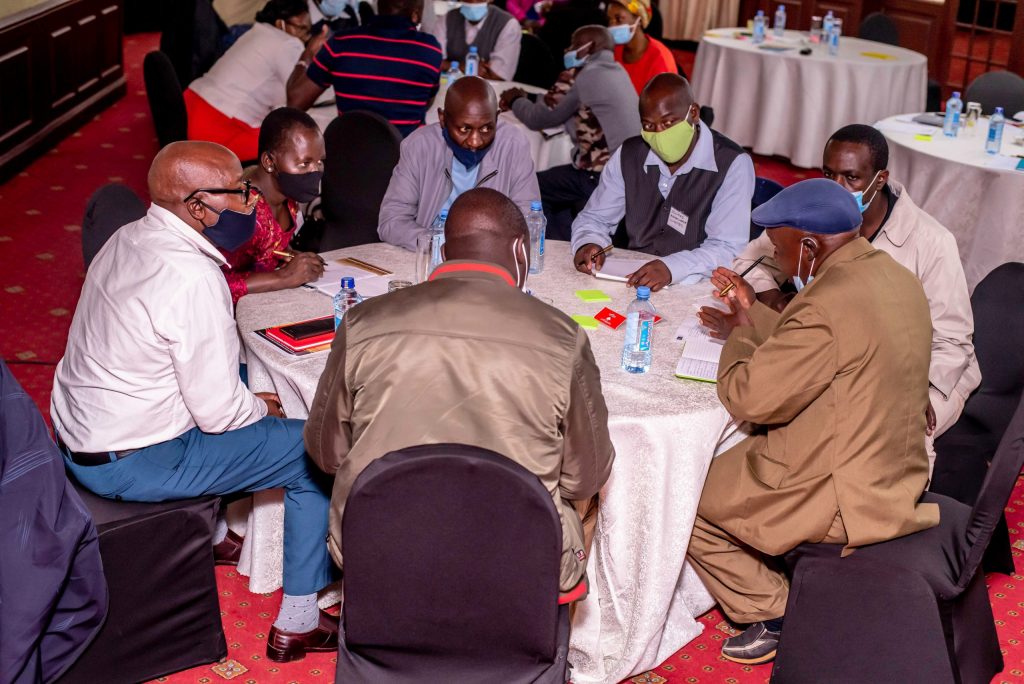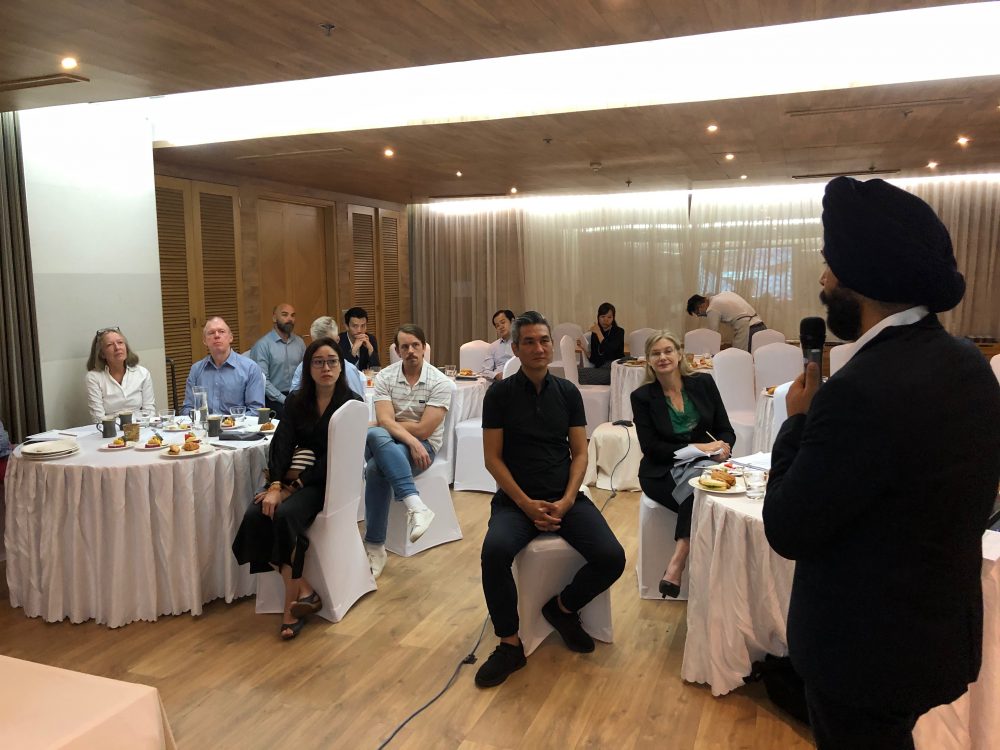The approach
The programme facilitates companies to strengthen
workplace relations and sustainable business
To support companies in strengthening decent work and sustainable business, Swedish Workplace Programme (SWP) provides three ways of collaboration:
Workplace Programmes
Sustainable Business Platforms
Global learning and sharing
Workplace Programmes
Swedish Workplace Programme (SWP) is a multi-step approach to facilitate dialogues between managers and employees with the aim to find solutions to company specific challenges.The approach is versatile and replicable, and can be used to develop sustainability of the workplace, supply chain, improve customer relations and create engagement within communities.
Adaptable to the specific workplace
SWP establishes, trains and develops workplace committees based on mutual respect, commitment and international labour standards. By having a structure where joint goals are formulated, management and elected employees/trade union representatives can change attitudes in the workplace, thereby improving both the working environment and business operations.
We believe that when a company places employees’ engagement at the centre of its business, it encourages and creates an inclusive work environment. This in turn enhances the company’s profile and position to attract and retain employees and increase its competitiveness.
The 6 steps for our approach at the workplace
Step 1 - Getting everyone aboard
Step 2 - Workplace committee
Step 3 - Identify challenges and create an action plan
Step 4 - Implementation
Step 5 - Learnings
Step 6 - Share best practice
Sustainable Business Platforms
Forums for dialogues
Swedish Workplace Programme (SWP) utilizes platforms and networks as a catalyst for companies to engage in joint strategic discussions concerning improvements, solutions and actions taken to address local sustainability and related workplace challenges.
Companies use the dialogues as a collective tool to promote their decent work and sustainability agenda within their business environment.
Your company does not have to be involved in a Workplace Programme to participate in the sharing and dialogue session called Sustainable Business Platform. The Sustainable Business Platforms are established according to region for companies that want to address sustainability challenges and generate results in the field of Agenda 2030 and specifically the global goal 8 (decent work and economic growth).

Global learning and sharing
Global learning – the bigger picture
This component includes the development and diffusion of best practices and learnings from the Swedish Workplace Programme’s (SWP) iterations. To support our iterative approach, the Global learning- component provides the programme with learnings from the regional Sustainable Business Platforms (SBP) as well as from the Workplace Programmes.
The key for SWP is to create an enabling environment for learning within the programme through the peer to peer exchanges between and within companies, including the supply chain.

Contact us
Visit the page Contact
Global office
World Trade Center
Klarabergsviadukten 70
111 64 Stockholm


